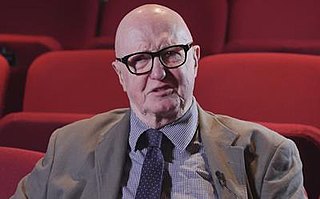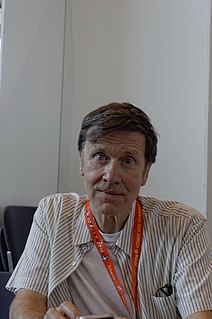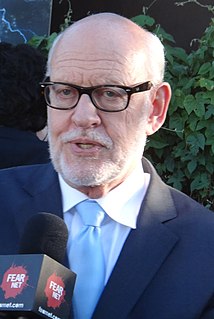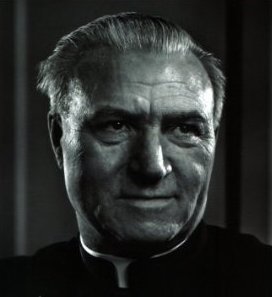A Quote by Garth Nix
I think I've actually benefited from Australia being a kind of combination of both British and American culture. We kind of got the best of both British and American television and books, science fiction and fantasy, and so on. So I'm familiar with a lot of, for example, American books and television that a British author of my generation might not be.
Related Quotes
In the late 1930s, both the British and American movie industries made a succession of films celebrating the decency of the British Empire in order to challenge the threatening tide of Nazism and fascism and also to provide employment for actors from Los Angeles's British colony. The best two were Hollywood's Gunga Din and Britain's The Four Feathers...
Evidently, there are many great American writers. But sometimes it can feel as though American fiction is dominated by relatively linear narrative form, with a heavy emphasis on psychological realism. If you limit yourself to a certain kind of American literary fiction, it's easy to forget about the different kinds of books that are being written. You can forget to be ambitious, both as a reader and a writer.
I grew up in a very British family who had been transplanted to Canada, and my grandmother's house was filled with English books. I was a very early reader, so I was really brought up being surrounded with piles of British books and British newspapers, British magazines. I developed a really great love of England.
I have no idea what a British sensibility or a British sense of humor is. I have no concept of what that is. I have no concept of what American sensibility is. I was born in Great Britain, but I was only there for six months, and we moved to Belgium, where I grew up. I love Britain, I lived there for nine years doing shows and things, but I don't know what a British sensibility is. I'd like to have someone tell me what an American sensibility is.






































